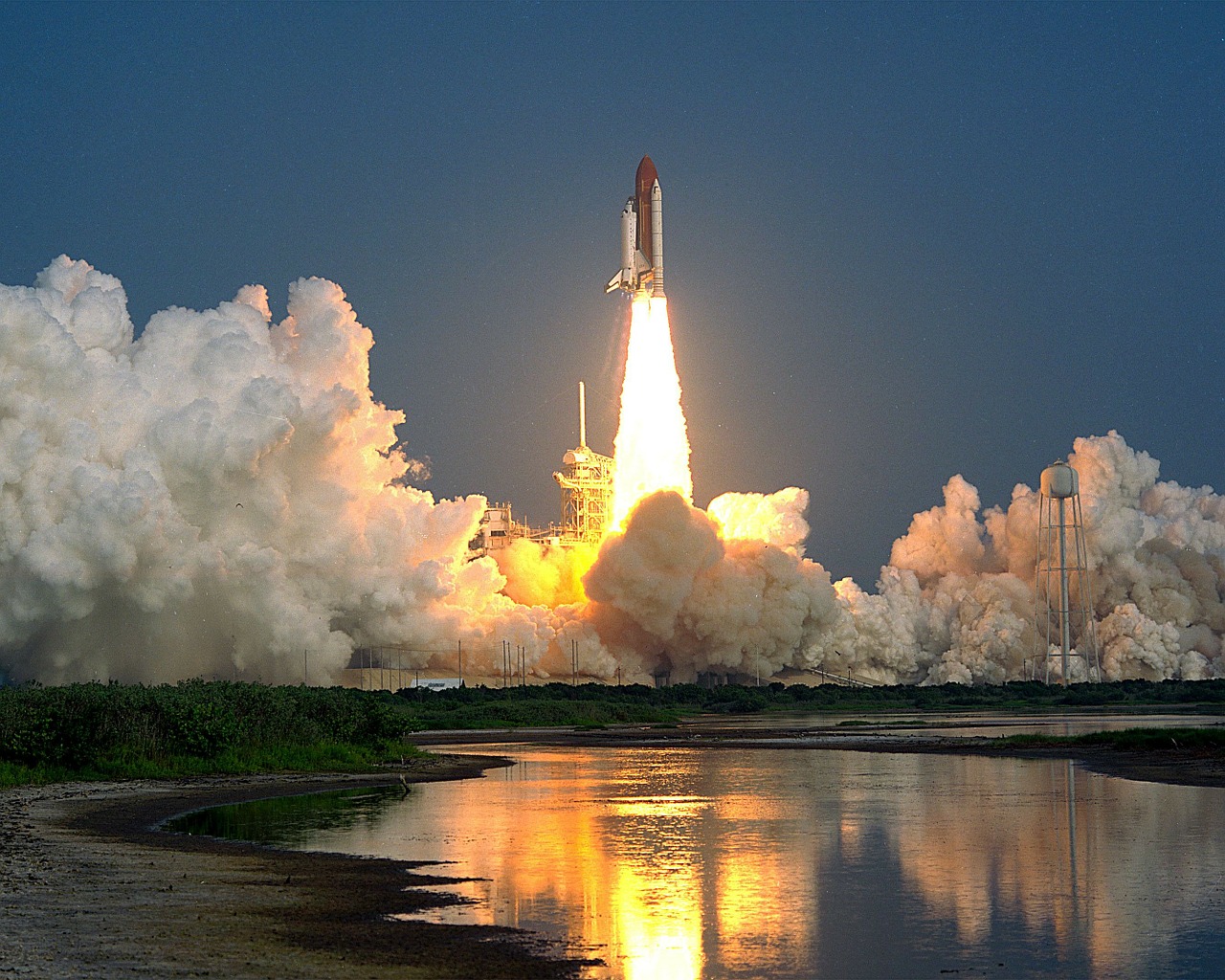
Ōtautahi – As space launches proliferate, 1283 satellites were launched last year, substantial climate emission concerns may grow.
The success of two recent high profile voyages means private investment in spaceflight will likely swell.
Rocket exhaust leaves particles in the atmosphere that can affect temperatures, a fact that must concern He Pou a Rangi Climate Change Commission.
New Zealand’s own Rocket Lab says its next mission from Māhia Peninsula will take place, possibly by the end of July.
Its 2021 plans include a launch to the Moon for NASA, rideshares and dedicated missions for commercial customers.
Rocket Lab’s Electron rocket has completed 17 successful launches and sent 104 satellites to orbit since 2017. The company claims to have the fourth most frequently launched rocket in the world. Rocket Lab is an American company with a subsidiary and head office in Auckland.
Meanwhile, a new satellite launch site is planned for Unst, a windswept UK island that was once part of a ring of radar stations used to detect incoming German V-2 rockets that ignited a government-led space race more than a half-century ago.
According to one assessment, launches at the facility in Unst, designed to cater to commercial clients, would result in 764 tonnes of carbon dioxide equivalent annually.
That’s a tiny fraction of the country’s total emissions last year. But the site is just one of seven planned for the UK alone, as a largely profit-driven second space race heats up.
Space launches haven’t raised much climate concern to date.
That may change as the private sector books an increasing number of flights for space tourists, and potentially starts ferrying miners and factory workers beyond Earth’s atmosphere.
Alongside space tourism, the growing use of satellites will also likely ramp up launch activity; a record 1283 satellites were launched last year, according to the UN, and by April of this year nearly 850 more had been sent into space.
In addition to coughing up not-inconsiderable amounts of CO2, rockets can spew exhaust that depletes the ozone layer through chemical reactions, the World Economic Forum says.
And if the black carbon soot particles they leave in the atmosphere reach high enough concentrations, it could impact surface and atmospheric temperatures, according to a NASA assessment.
One study estimated that 1000 space launches per year could create a layer of black carbon particles capable of causing the loss of five percent or more of Antarctic sea ice.
A number of efforts are underway to blunt the climate impact of rockets – similar to the anticipated shift among aviation companies to more sustainable fuels.
A company in Europe is working on carbon-neutral rockets that run on hydrogen produced from biomass and another says it’s been developing a rocket that doesn’t emit black carbon.


